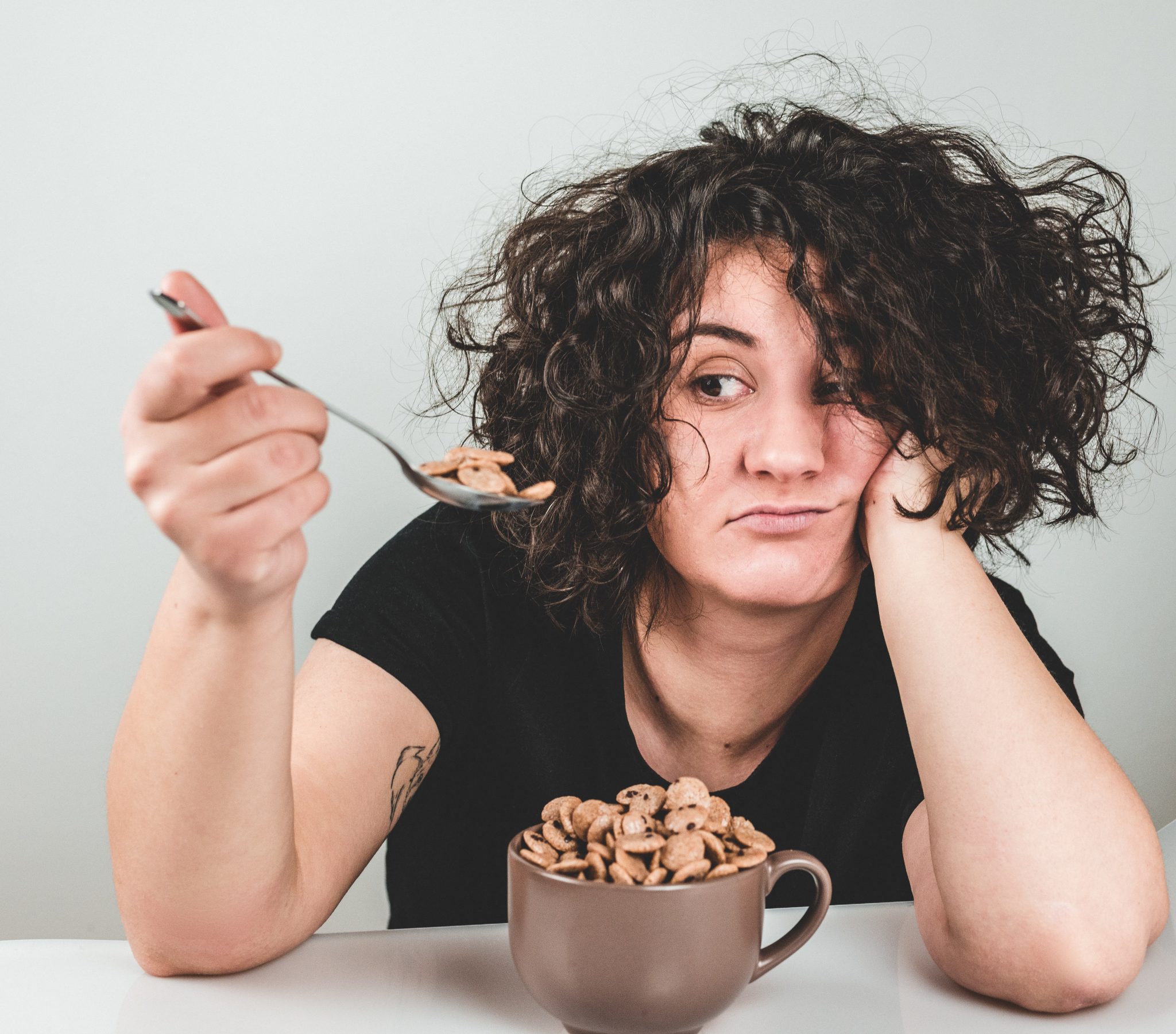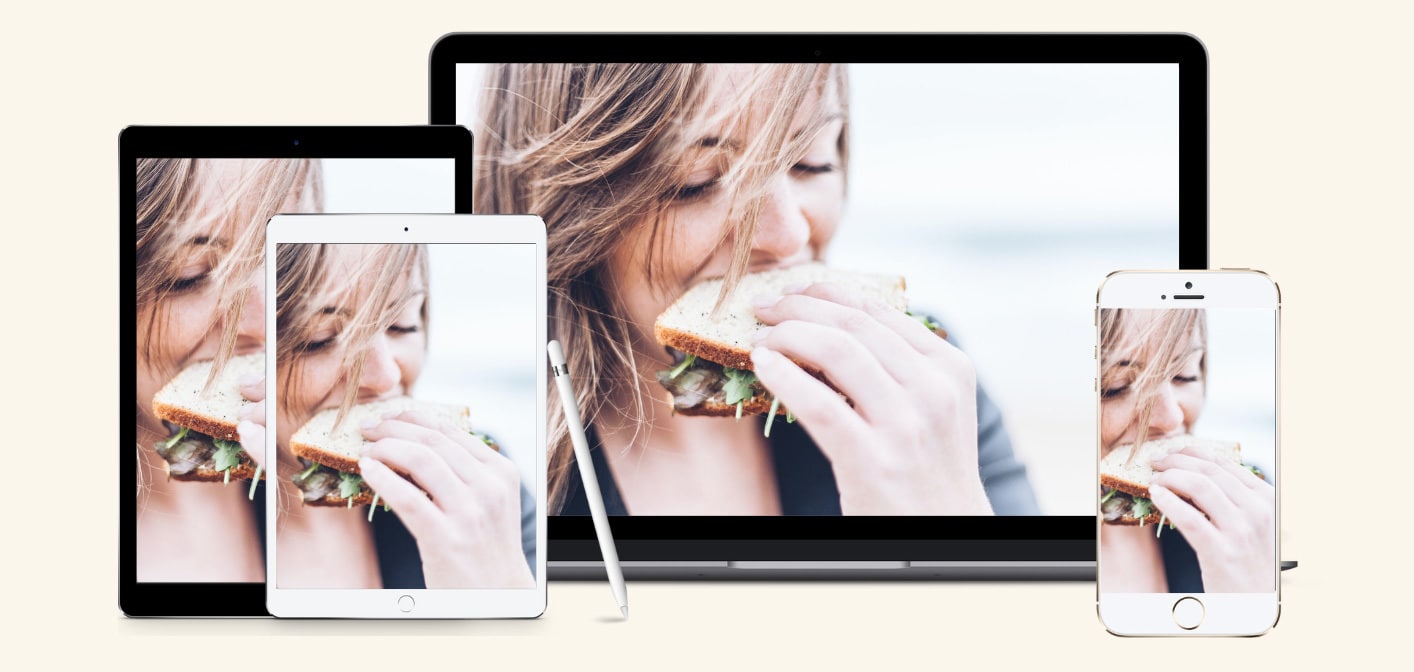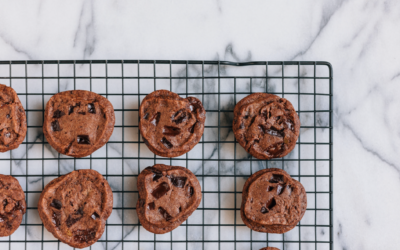When Intuitive Eating Doesn’t Work… 7 Common sticking points
1) You have misinformed idea’s about what intuitive eating is and isn’t
When working with clients who say intuitive eating doesn’t work for them, I ask them what it would look like if it was working.
Common responses include:
-
I should be craving foods that are healthy
-
My appetite should be for a suitable amount/portion and no more
- I am not at a “healthy weight”
-
I should be able to eat at the right times and not feel hungry between meal times
These clients have set expectations about what intuitive eating should be, stemming from internalised food rules, or perceived ideas of health. And they are holding them back from truly discovering their inner intuitive eater.
Generally, people interested in intuitive eating tend to be looking for a solution to a troubled relationship with food. Perhaps you have tried different protocols, diets, eating regimens or cleanses before.
These prior experiences mean you will have likely internalised various food rules. Rules about “healthy” or “unhealthy” foods, “good vs bad” foods, or rules about specific food timings/eating windows.
If you resonate with this, it makes total sense that learning to trust your body again feels hard and confusing.
It’s human nature to think in black and white. It’s simpler if something has a “right way” and a “wrong way” to do things. This especially holds true with eating. There’s comfort in knowing that there are clear rules that will lead to a definitive outcome. But eating is innately nuanced, complex and personal.
Ultimately, if you are following the cues of your body, you are doing intuitive eating right. You are not doing it wrong. You may be more hungry more often some days – that’s ok.
And a particularly common concern is about eating too many “unhealthy” foods. The below point explains more about this.
2) You are worried you are not eating “healthily” enough
If you are in the early stages of intuitive eating, you might still be making peace with food. You might still be habituating to previously forbidden or limited foods.
When going through this process, it’s very normal to go slightly “overboard” on these foods. This is your body testing the waters… “am I really going to get to eat this whenever I want to?”.
You have to go through this stage to come out the other side. I once had a client eat cheese toasties for 2.5 days straight. At lunch, on the 3rd day, she realised she was done and didn’t touch another cheese toastie for 6 months! You have to trust the process. And also make sure you’re implementing it properly; with mindful eating and the ability to accurately sense hunger and fullness signals.
The goal of intuitive eating is not to come to prefer the taste of broccoli over chips. But what will happen is that the chips will start to lose their power over you. You’ll be able to make your decision based on what your body needs and wants, rather than from a place of deprivation.
After all, it’s physically not going to feel too good eating cupcakes and chips all day long. With time, foods will start to lose that intense appeal and become just tasty food you incorporate as it feels good.
You could seek support from a certified Intuitive Eating Counsellor if you’re struggling to work through making peace with food on your own. It’s a complex process for many and guidance is often needed to feel safe doing it.
Outside of these early stages…it’s very normal for cravings and desired foods to fluctuate across days and weeks. Diet culture says each day of eating must be perfectly balanced. But when listening to our body’s signals, things balance out more over days and weeks.
3) You feel lost and like intuitive eating lacks structure
It is so common to feel like this at first. Especially coming from a place of following diets.
Dieting starts out easy because you’re told exactly what to eat and how much. There’s a sense of security because you know you’re doing it “right” according to the rules. But it starts to get harder over time. This is largely because these rules don’t consider our lives, preferences, genetics, history, celebrations, trauma, etc.
Intuitive eating is kind of the opposite. It DOES consider all these factors and so at first, it can feel messy and hard. And with time it gets easier, and eventually becomes second nature.
Remember, you can’t fail at intuitive eating. There is no wagon to fall off. Everything is a learning experience. Some weeks it may feel like everything is clicking into place, others not so much. That’s ok. Keep going – it’s worth it!
If you’ve been dieting and tuning out your hunger for a while, you might not be able to feel your hunger and fullness cues. You might need some eating guidelines at first while learning to tune into your body’s cues.
4) You are still trying to lose weight
If you approach intuitive eating with the intent to lose weight, you are setting yourself up to fail. You can’t relearn to connect to your body’s signals whilst simultaneously trying to overrule them. This focus would directly interfere with the learning process of reconnecting with your body. My article “Can you stop dieting without gaining weight” delves further into this.
I’m not saying it’s a bad thing to want to lose weight. It’s almost impossible not to in a society that glorifies weight loss and dieting. It is perfectly OK if you still want weight loss. However, it’s best to put these desires on the back burner while you’re working through Intuitive Eating.
5) You have turned Intuitive Eating into a “the hunger-fullness diet”
This usually stems from struggling to let go of diet rules and black-and-white thinking. You may think you are allowed to eat only when you are hungry. If you are absolutely sure you are hungry, then you can eat, but you must not eat past the point of fullness.
As is true for all diets, the goal of the “Hunger and Fullness Diet” is to control your eating in order to control your weight. This is problematic for reasons already described above. And also because intuitive eating does NOT dictate that you can only eat when you have hunger signals. Or that you can NEVER eat past comfortable fullness (you can and this is often a part of a healthy relationship to food when done occasionally).
For example, if you are very stressed you may not feel hungry but your body still needs energy. So we apply principle 10 about gentle nutrition and honour your body’s need for fuel, despite the absence of hunger signals.
6) You tried to do too much at once
You don’t have to implement all the intuitive eating principles at once. And you likely shouldn’t try to. It may result in you feeling overwhelmed and maybe even out of control. This may lead you to believe intuitive eating doesn’t work or that you’re “failing.”
If this sounds like you…take a step back and start slow. Choose 1 or 2 principles to explore and work through, before moving on to others. Don’t know where to start?
7) You’re not ready for it
You might not be ready to give up dieting pr the pursuit of weight loss yes. And that’s okay. It’s hard to go against the grain and defy the predominant cultural narrative. Diet and weight talk are everywhere. If you’re not feeling 100% ready to embrace Intuitive Eating because you have a fear of weight gain, your food rules give you comfort or you’re struggling with an eating disorder, that’s OK.
However, if you’re waiting to feel fully ready, I encourage you to consider taking the leap. Most people are not 100% ready when they first start – you don’t have to be. That’s partly why it’s helpful taking baby steps and get support along the way.
Does Intuitive Eating work for everyone?
The following situations can make intuitive eating more complicated to implement:
-
Having a history of, or current food insecurity*
-
Past trauma
-
Eating disorders
-
A health condition or medication which means you can’t connect to internal cues
-
Pregnancy/morning sickness
-
Dietary restrictions for ethical or religious reasons
If you resonate with any of the above, you will still be able to incorporate some principles of Intuitive Eating into your life and benefit from them.
*To practice all principles of Intuitive Eating, you must have access to food and not everyone has that. Giving yourself unconditional permission to eat what your body needs and is craving is certainly a privilege. However, you can still incorporate rejecting the diet mentality, coping with your emotions with kindness, and respecting your body.






